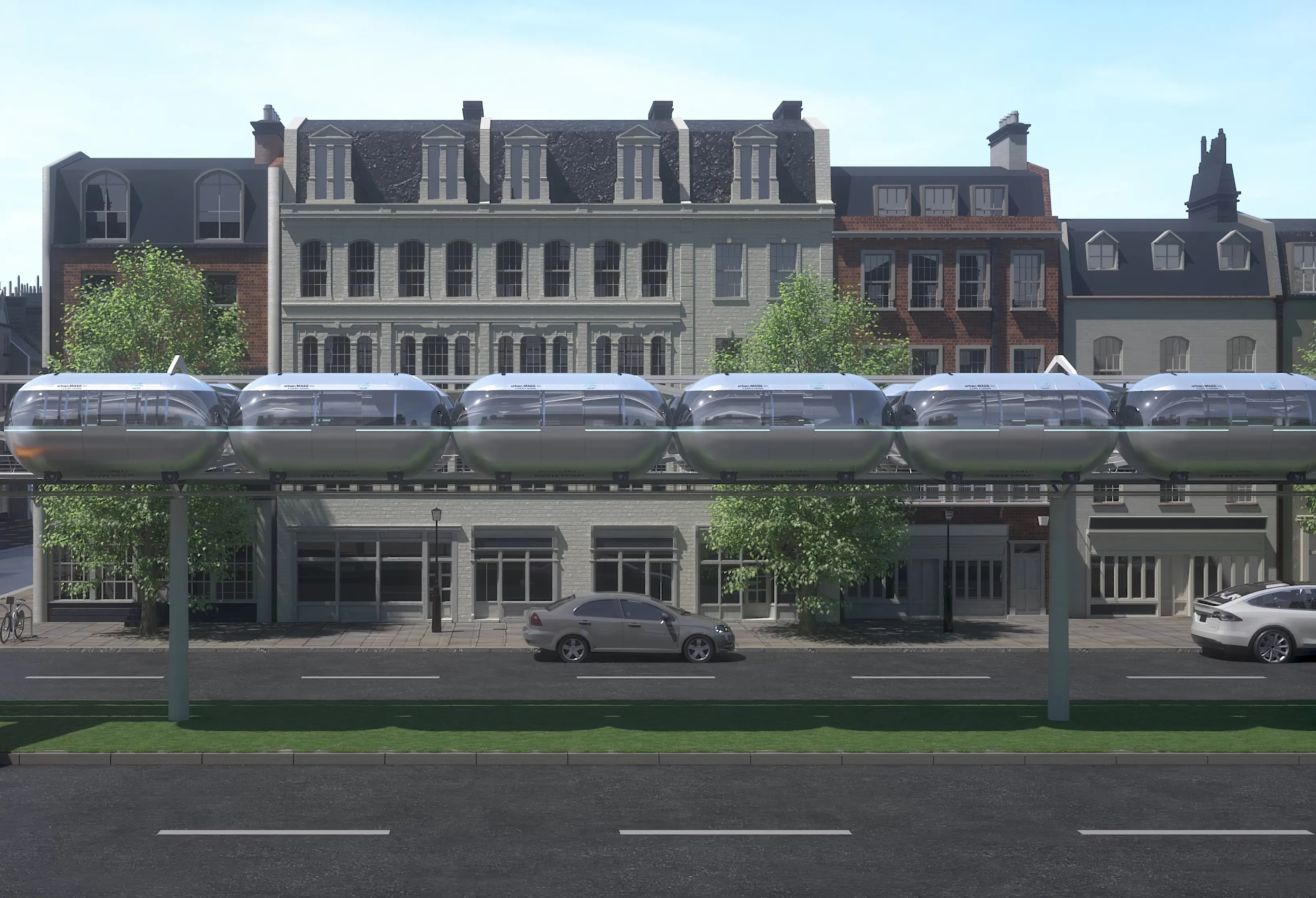
Vivacity Labs has deployed AI-controlled ‘smart’ traffic junctions in Manchester, UK, to enable the increase of active travel modes such as cycling and walking duing the pandemic.
As more cyclists and pedestrians use junctions originally designed to prioritise cars and other vehicles, there is a need to look carefully at exactly who is using the roads and crossings and how they might most safely be able to move around.
“Since the pandemic, commuter trends and traffic hotspots have changed completely, and cities need AI to help protect people no matter what mode of transport they take,” said Mark Nicholson, CEO of Vivacity Labs.
“Our vision is to help cities implement critical policies addressing safety, air quality, sustainable travel, and congestion, at a hyper-local level.”
The programme - which won the Innovative Use of Technology award at the 2020 ITS (UK) Awards - uses sensors with inbuilt AI, enabling Transport for Greater Manchester (TfGM) to anonymously identify different types of road users at selected junctions and control traffic signals.
This means the authority can allow different modes of transportation - including cyclists and pedestrians - to be prioritised as and when required.
Vivacity says it has developed an algorithm "that is able to adapt quickly to changing traffic conditions and efficiently implement high-level strategies at both local and city-wide scales".
The AI signal control system, which Vivacity says is the first of its kind, went live early this year and now simultaneously controls three neighbouring junctions in the Blackfriars area of Salford.
"Congestion and queuing can be reduced by traffic signals that respond better and more quickly to changes in traffic conditions than existing systems," the company adds.
This is part of a three-year Innovate UK co-funded programme to use AI to optimise traffic networks, and the UK government's 5G Create fund has been tapped for further cash to allow the project to scale up to 20 junctions in Manchester by the end of 2021.
Richard Dolphin, TfGM highways network performance manager, says: “We’ve been really impressed with how Vivacity has approached this, assessing current ways of working and addressing the complexities of managing a multimodal transport network. Hopefully, this development will continue into something that will positively disrupt the industry and revolutionise active travel in urban areas.”









